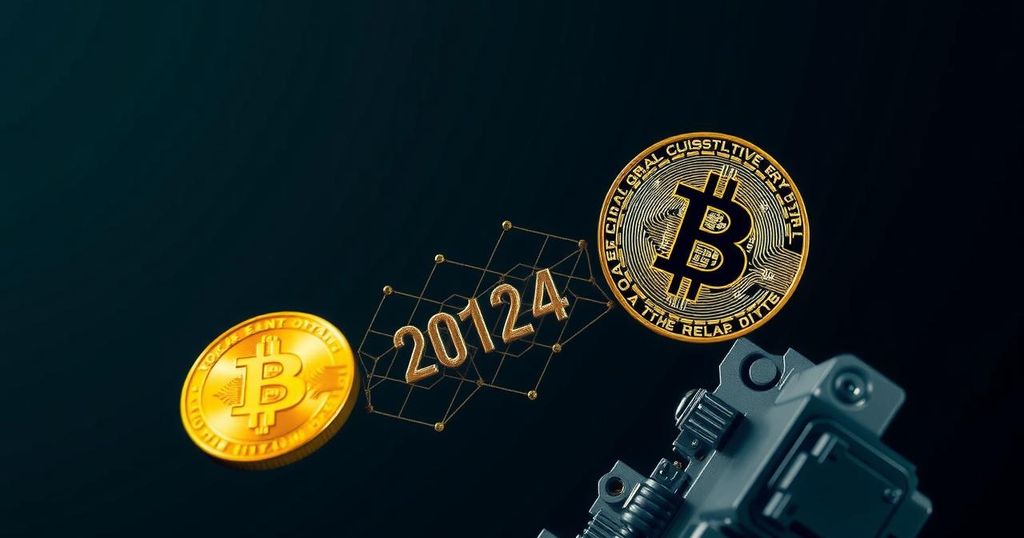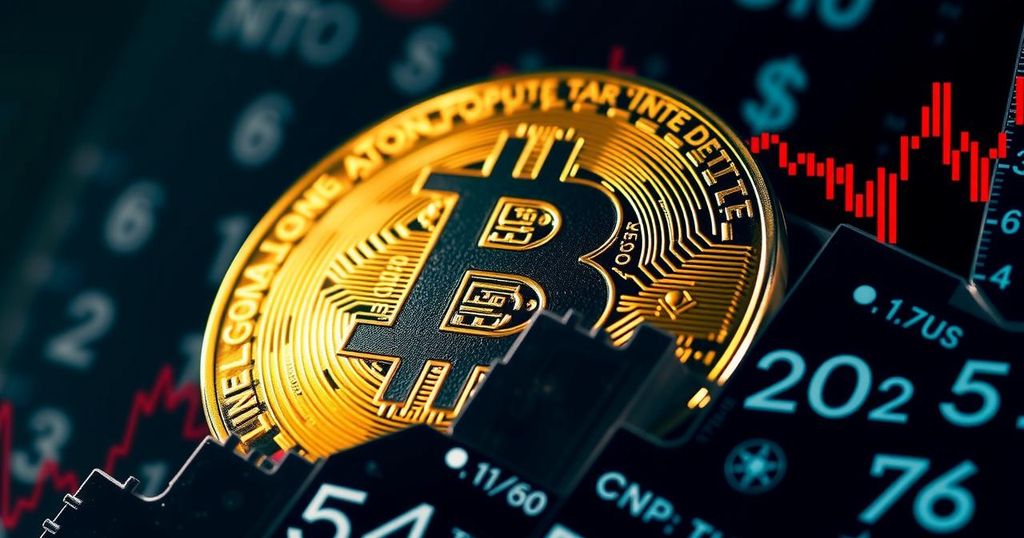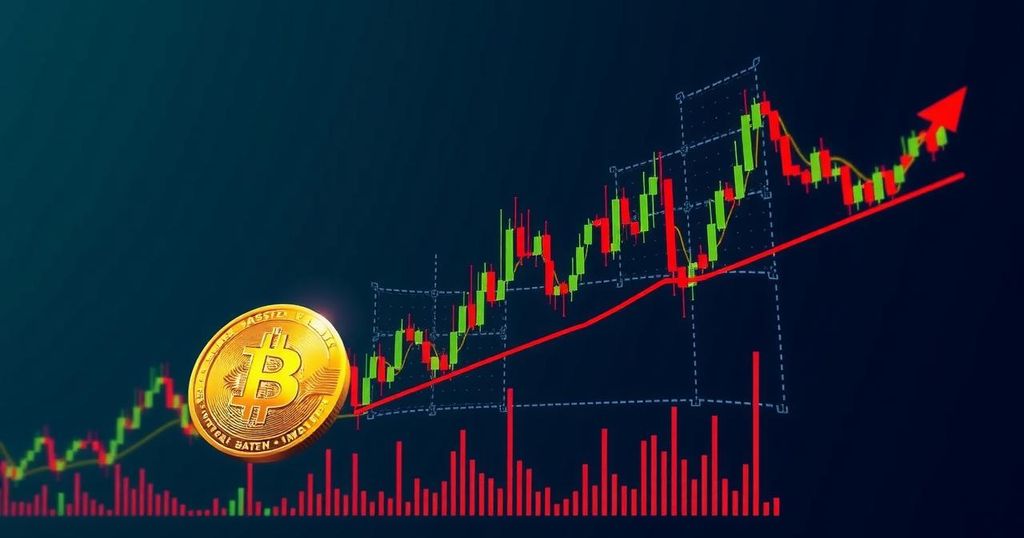Rising Tensions Between Venezuela and Brazil Following BRICS Veto
Diplomatic relations deteriorate between Venezuela and Brazil after Brazil’s veto of Venezuela’s entry into BRICS during the Kazan summit. The Brazilian government has not provided a public explanation for this decision, which adds to existing tensions stemming from Maduro’s contentious re-election. Venezuelan officials criticize the veto, viewing it as interference in their sovereignty. Brazil’s Foreign Ministry seeks to engage Colombia in dialogue on Venezuelan politics while both nations navigate a complex diplomatic landscape.
Diplomatic relations between Venezuela and Brazil have reached a critical juncture following Brazil’s veto of Venezuela’s accession to the BRICS grouping during the summit in Kazan, Russia. This decision further complicates a relationship already strained since President Nicolás Maduro’s controversial re-election. Brazilian President Luiz Inácio Lula da Silva’s administration has yet to provide a public rationale for the veto. Nonetheless, it has surfaced that the concern primarily stems from questions regarding the legitimacy of recent Venezuelan elections and past associations between Venezuelan leadership and Brazil’s Workers’ Party. During the summit, Foreign Affairs Minister Mauro Vieira represented Brazil due to President Lula’s absence following a domestic incident. However, the lack of a clear explanation regarding the veto allowed for misinterpretations, with Venezuelan officials labeling it an “interference” in their internal affairs and a “stab in the back.” Despite Brazil’s Foreign Ministry expressing confidence in Venezuela’s electoral system, they also sought a dialogue channel with Colombia aimed at resolving political tensions. Venezuela, in response, demanded respect for its sovereignty with Maduro emphasizing the necessity for internal resolution of electoral matters, given that the National Electoral Council still had not published electoral results three months post-election. The Venezuelan government further criticized Brazil’s stance, alleging a continuity of antagonism from previous administrations by highlighting the historic veto enacted by former President Jair Bolsonaro. Maduro purported that Vieira had assured him a different outcome regarding BRICS inclusion but went on to place the blame on Eduardo Paes Saboia, Brazil’s ambassador who has ties to the previous administration. Political analysts suggest that the blame attributed to Saboia might function as a diplomatic strategy that allows Venezuela to express displeasure while leaving open the possibility for dialogue. The current friction signifies a perceived departure from President Lula’s previous approaches during his earlier mandates, which fostered regional integration. Following these developments, Brazil’s special advisor for international relations, Celso Amorim, noted that trust between the two nations has been compromised. Both governments appear inclined toward maintaining diplomatic channels while navigating the challenges ahead and potentially negotiating Venezuela’s future in BRICS, particularly as Brazil assumes the presidency of the bloc in 2025. Amidst this backdrop, Venezuela’s vast oil reserves symbolize substantial potential resources for the BRICS, which currently comprises nations providing energy for 40% of the world’s population. This underscores the geopolitical implications of Brazil’s decision, with observers suggesting the veto reflects broader tensions and the potential direction of future international relations.
The recent BRICS summit in Kazan highlighted significant diplomatic friction between Venezuela and Brazil, primarily due to Brazil’s unexpected veto of Venezuela’s entry into the BRICS alliance. This action feeds into a broader narrative of strained relations following Maduro’s re-election, which was contested by the opposition amid concerns about electoral integrity. The veto reflects underlying tensions regarding political affiliations and historical grievances originating from both countries’ prior administrations. The current Brazilian government under President Lula has sought to portray itself as a mediator in regional conflicts, yet this recent decision has led to criticisms regarding a perceived inconsistency in its foreign policy.
The diplomatic standoff between Venezuela and Brazil following the veto of Venezuela’s BRICS entry serves as a pivotal moment in Latin American politics, illustrating the complexities of regional alliances and electoral legitimacy. With tensions escalating, both countries face a challenging path to restore trust and navigate their bilateral relationship towards cooperation while addressing internal and external political pressures. The outcome of this situation and its impact on regional dynamics remain to be observed as both nations prepare for future negotiations.
Original Source: www.brasildefato.com.br




Post Comment